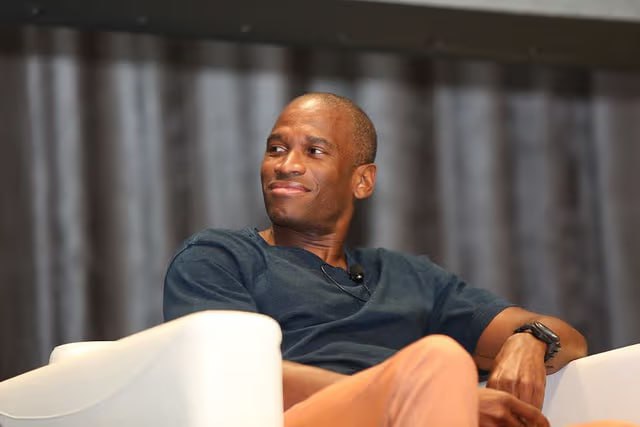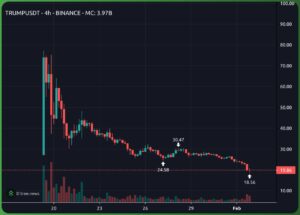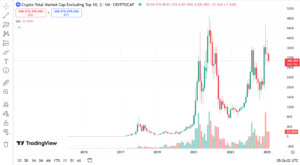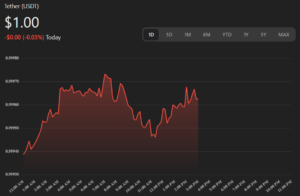In a recent commentary that stirred conversations across the cryptocurrency community, Arthur Hayes, co-founder of the cryptocurrency exchange BitMEX, shared his doubts about the potential for President Trump to establish a Bitcoin Strategic Reserve. Hayes’ skepticism stems from both political and practical reasons that make such an initiative highly improbable.

Political and Economic Realities
Hayes pointed out that any administration’s financial resources are typically aimed at initiatives that resonate directly with voters. He argued that it is more politically viable for the government to focus its expenditures on welfare programs, infrastructure projects, or other policies that have an immediate and tangible impact on the electorate. According to Hayes, the idea of creating a Bitcoin reserve does not align with these priorities, as its benefits would not be immediately felt by the average citizen.
With a challenging economic landscape and a competitive political environment, governments are often under pressure to deliver short-term solutions rather than long-term strategic reserves involving experimental or volatile assets like Bitcoin.
Regulatory and Implementation Complexities
Beyond political will, Hayes also highlighted the complexities involved in implementing a Bitcoin Strategic Reserve. The regulatory landscape surrounding cryptocurrencies remains fragmented and contentious in many jurisdictions, including the United States. Establishing a reserve would require navigating a labyrinth of legal, technical, and operational hurdles.
There would also be challenges in managing the inherent volatility of Bitcoin, which could lead to significant fluctuations in the value of any strategic holdings. Governments typically prefer reserves in stable assets like gold or foreign currencies that can provide reliable value in times of economic crisis.
Broader Implications for Bitcoin
Although Hayes’ remarks suggest that a U.S. Bitcoin reserve is unlikely under Trump’s administration, his commentary reflects a broader discourse about the role of cryptocurrencies in national economic strategies. Several smaller economies and private entities have begun to integrate Bitcoin into their portfolios, sparking debates on the potential benefits and risks for larger economies.
Hayes’ perspective emphasizes the cautious and pragmatic approach that major economies may continue to take toward cryptocurrency adoption. While Bitcoin’s rise in prominence has led to speculation about its inclusion in sovereign wealth strategies, the hurdles outlined by Hayes suggest that such moves remain far from becoming mainstream policy.
Conclusion
Arthur Hayes’ skepticism serves as a reminder of the gap between the theoretical appeal of a Bitcoin Strategic Reserve and the practical realities of implementing one. As governments grapple with economic and political pressures, the feasibility of incorporating cryptocurrencies into official reserves remains a contentious and uncertain proposition. For now, Bitcoin’s role in global finance will likely continue to be driven more by market forces and private adoption than by government initiatives.






Leave a Comment